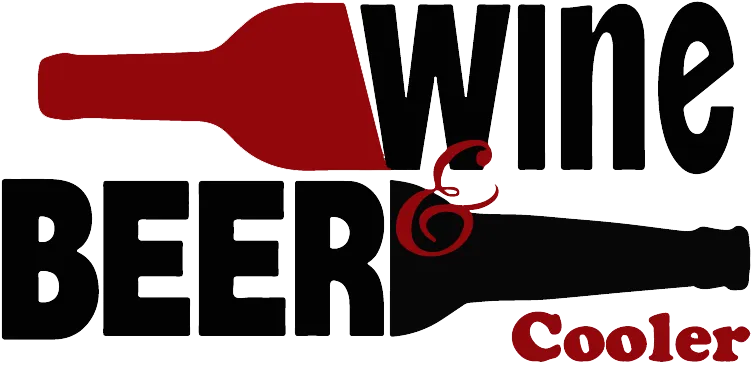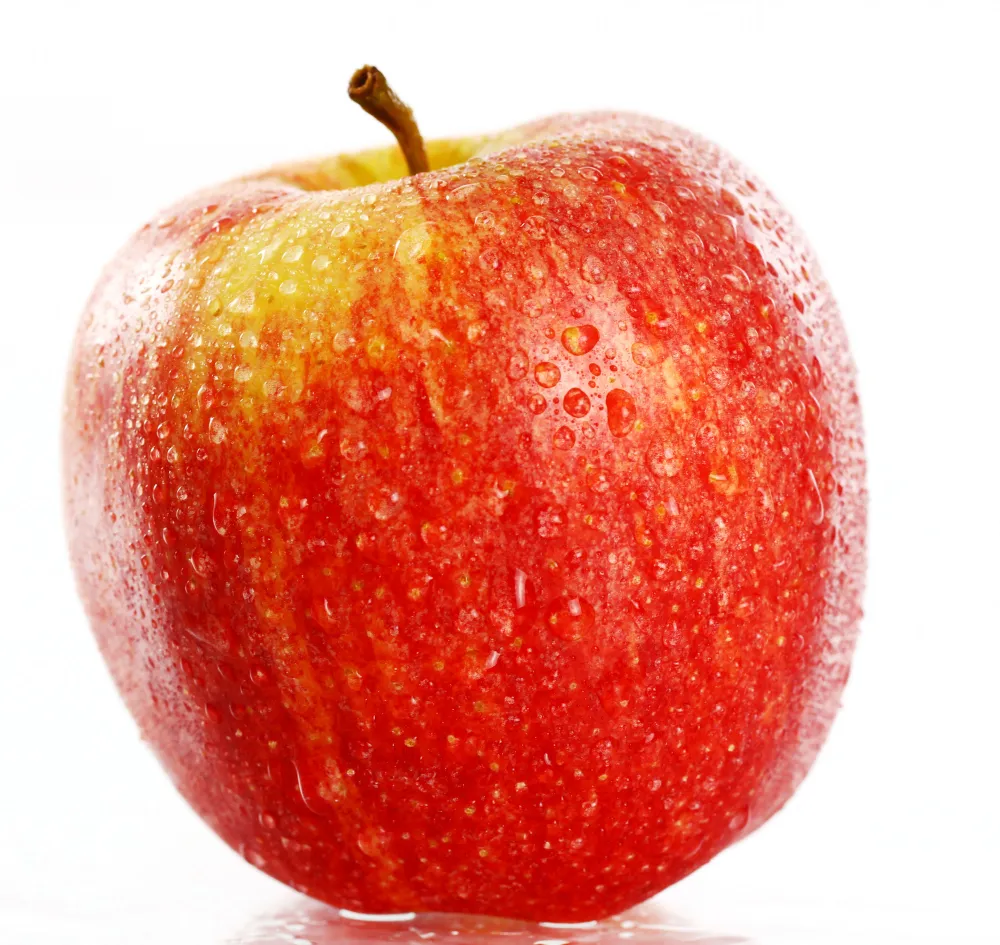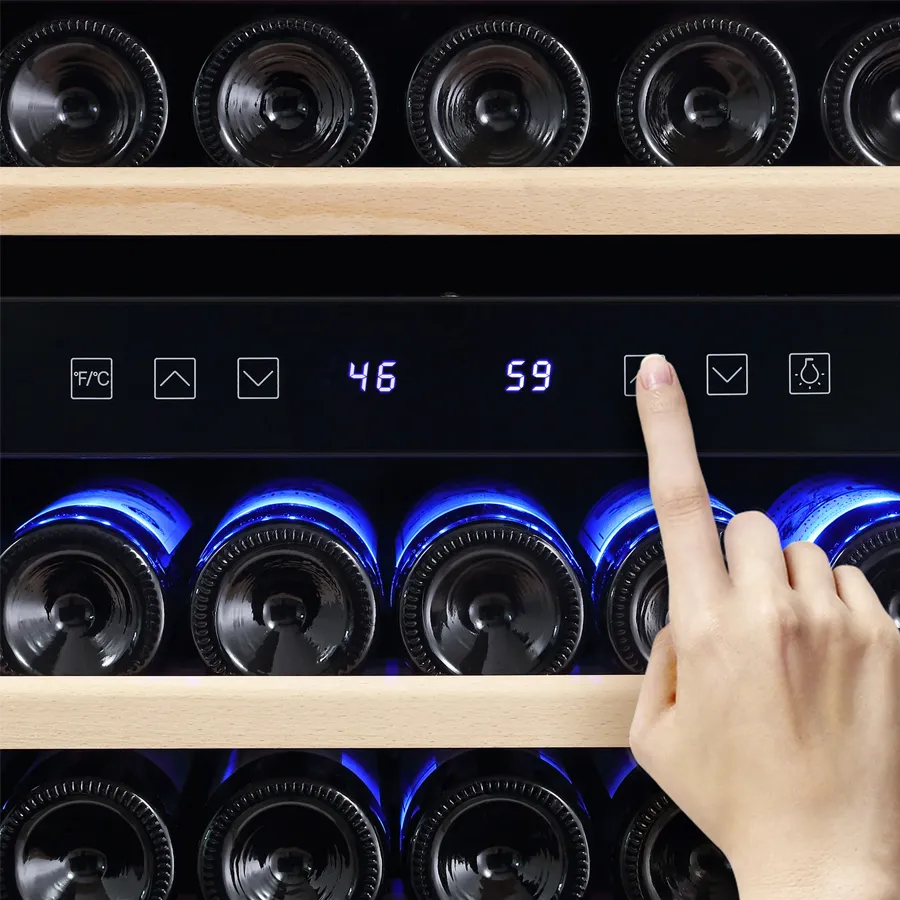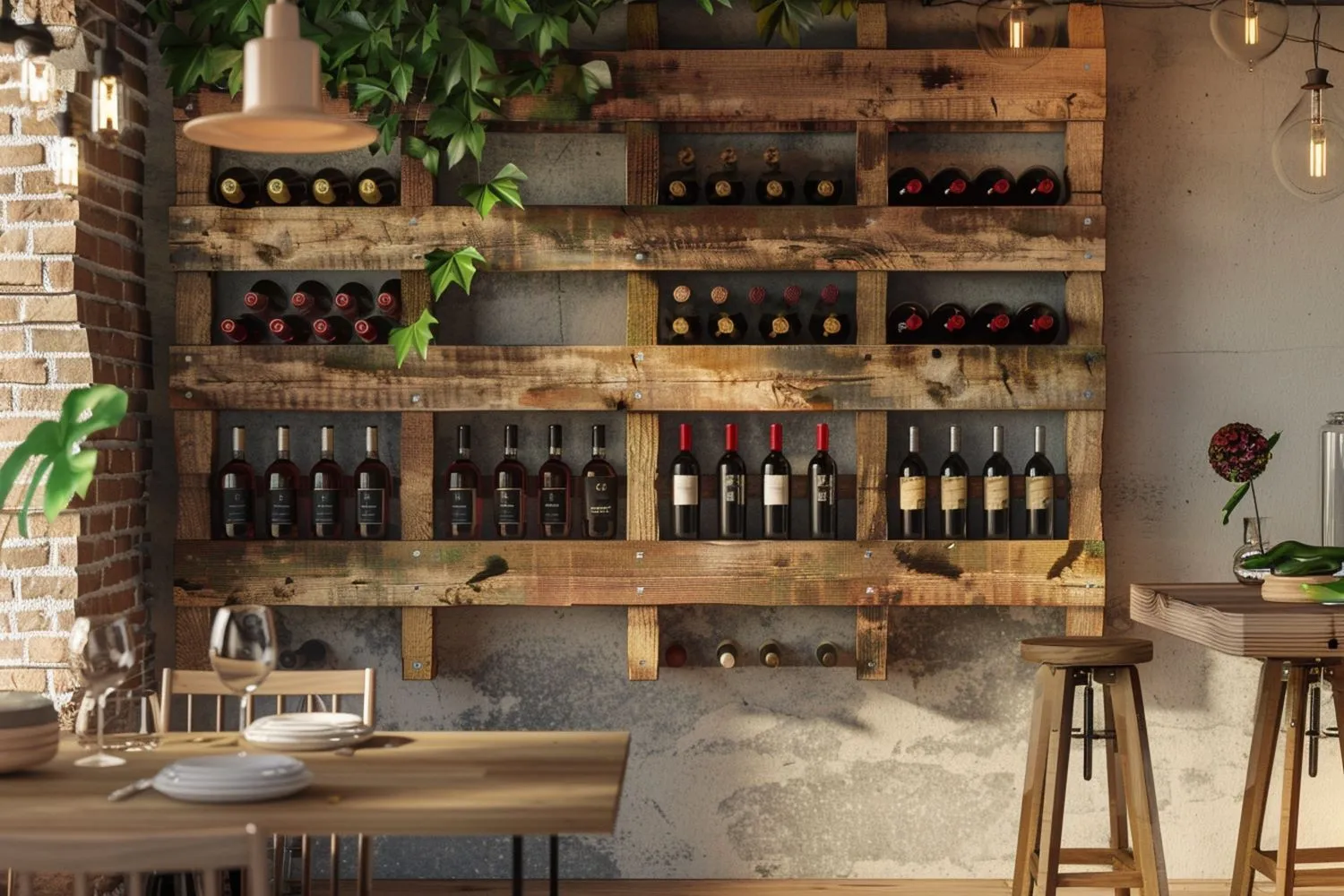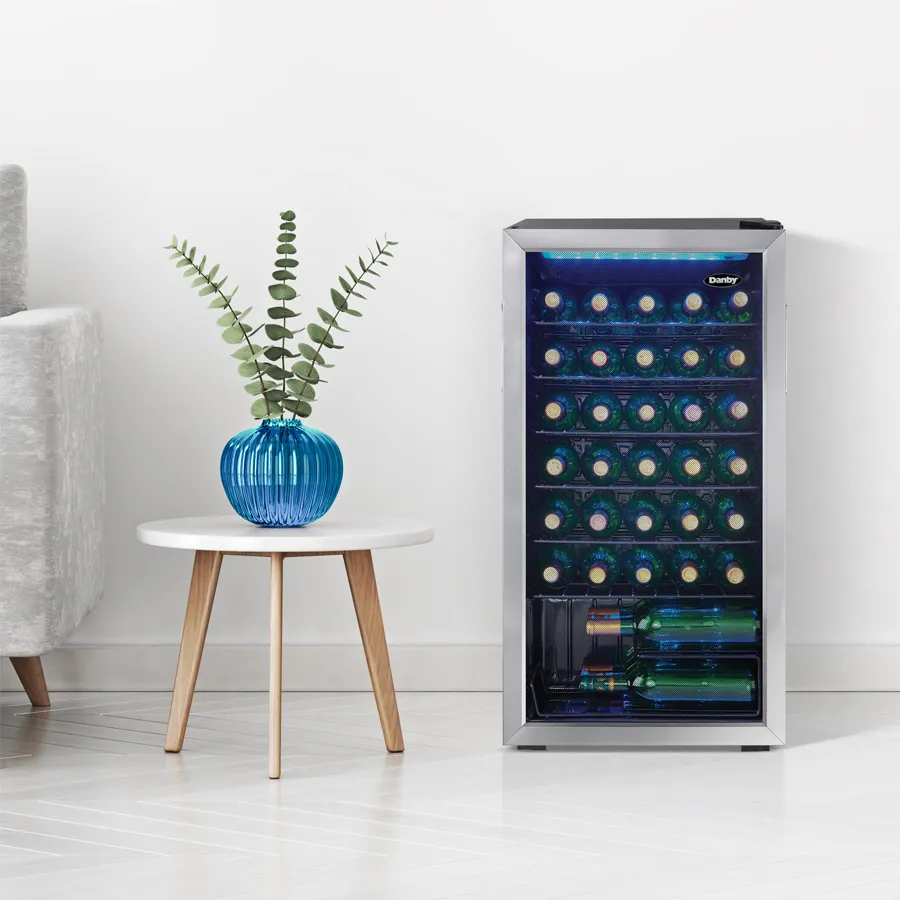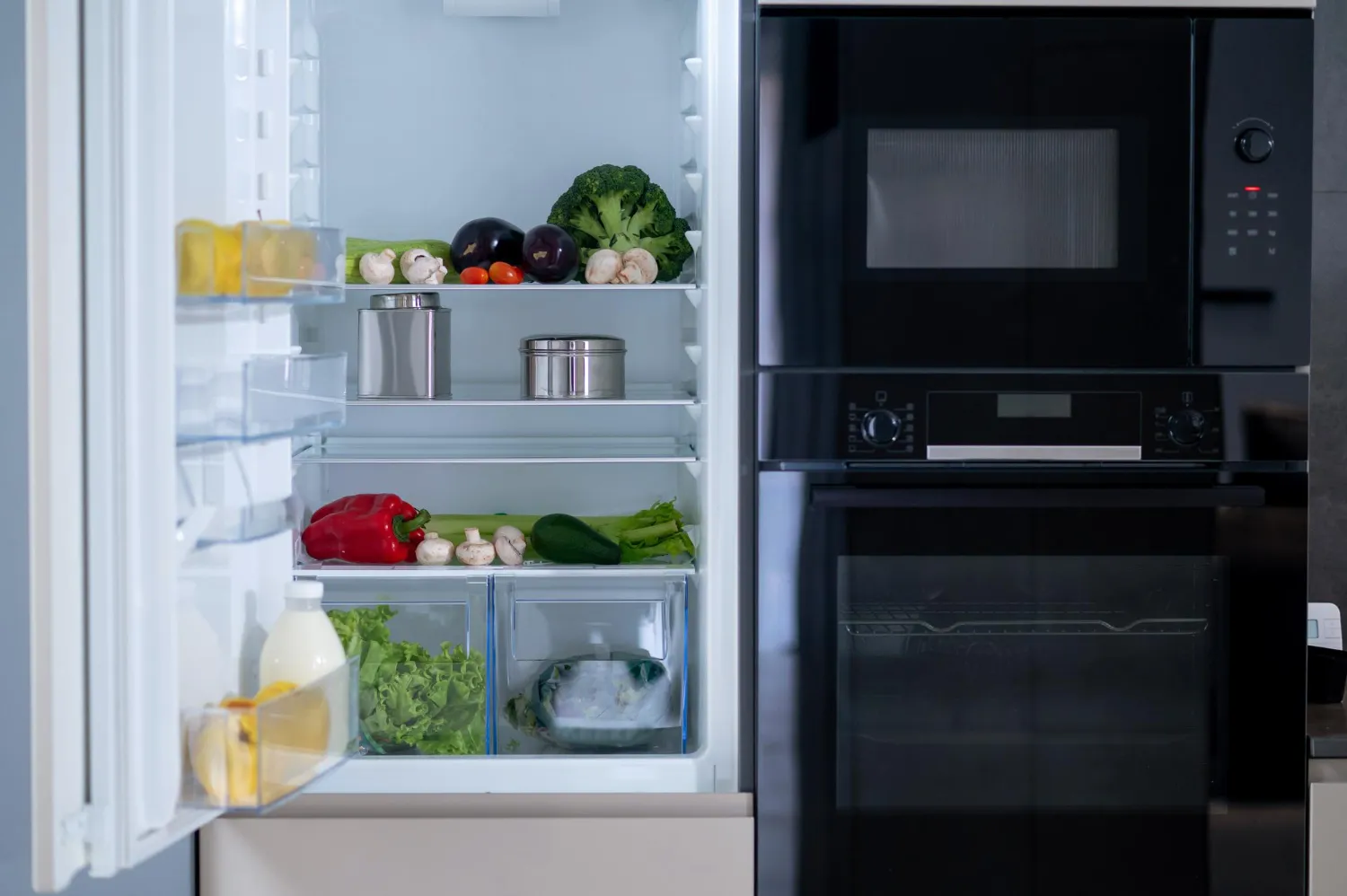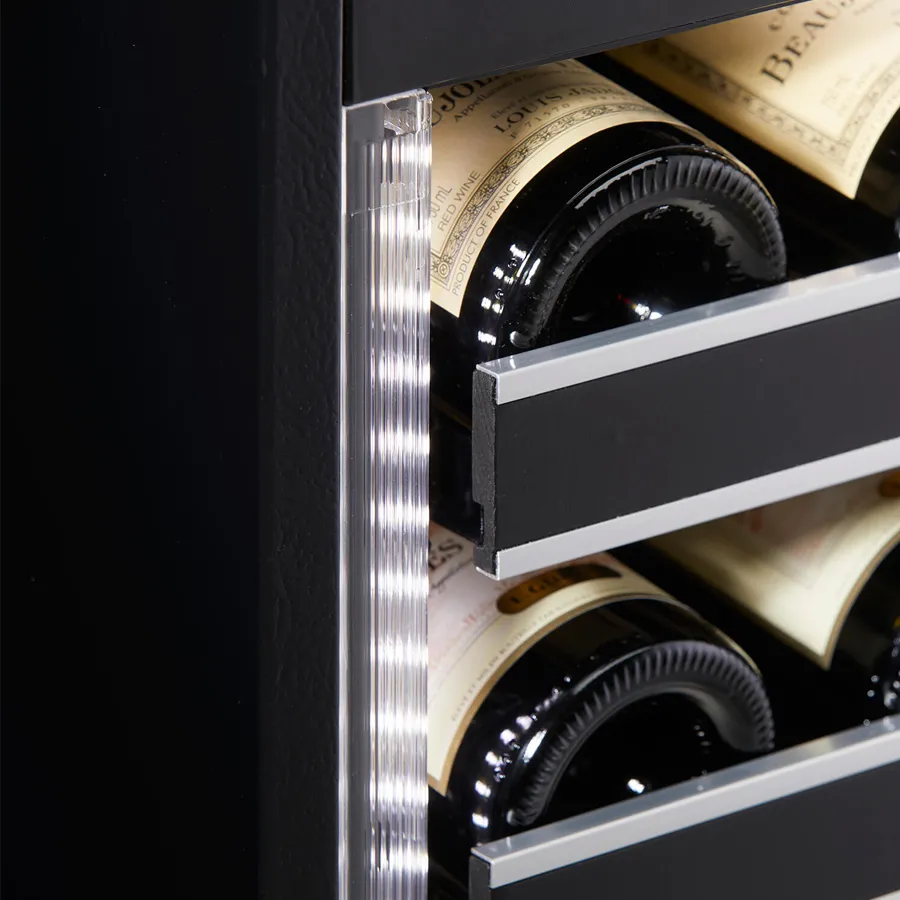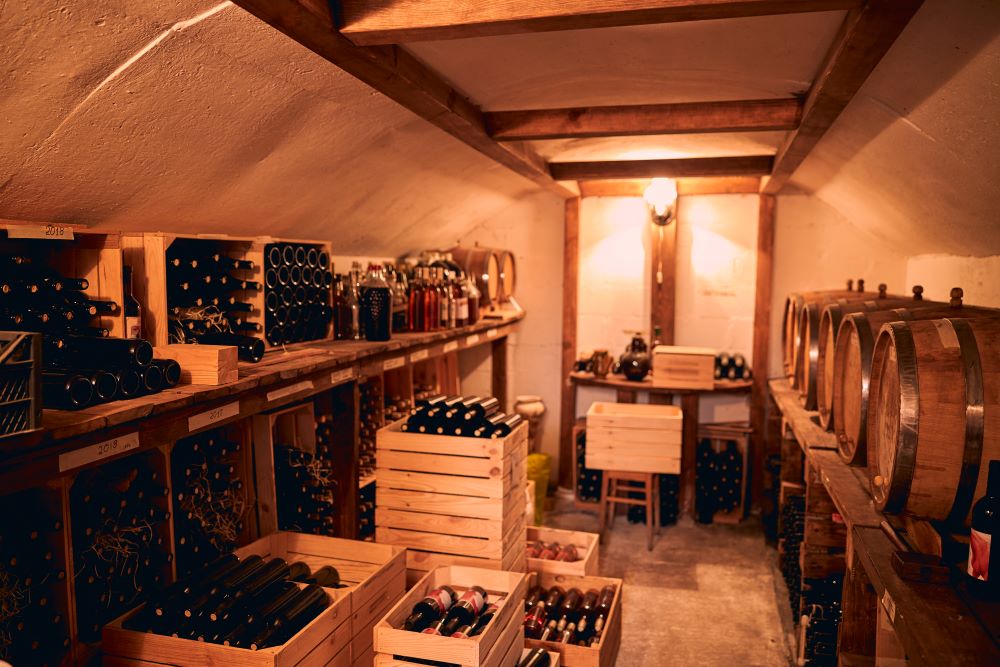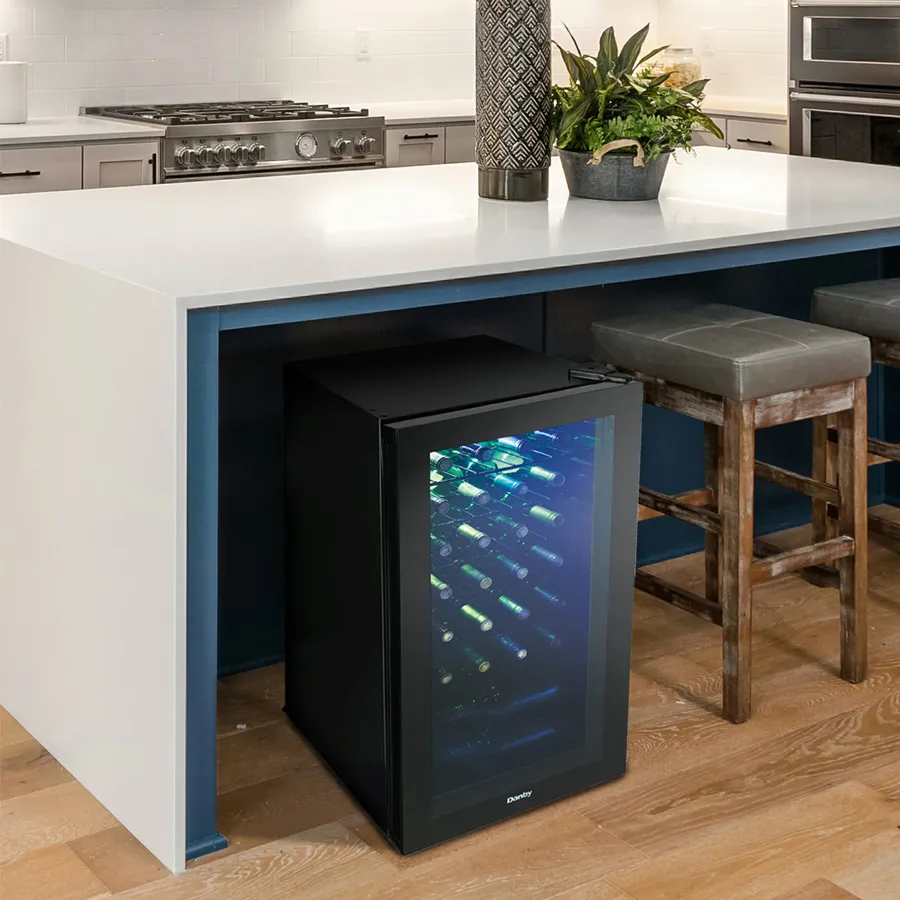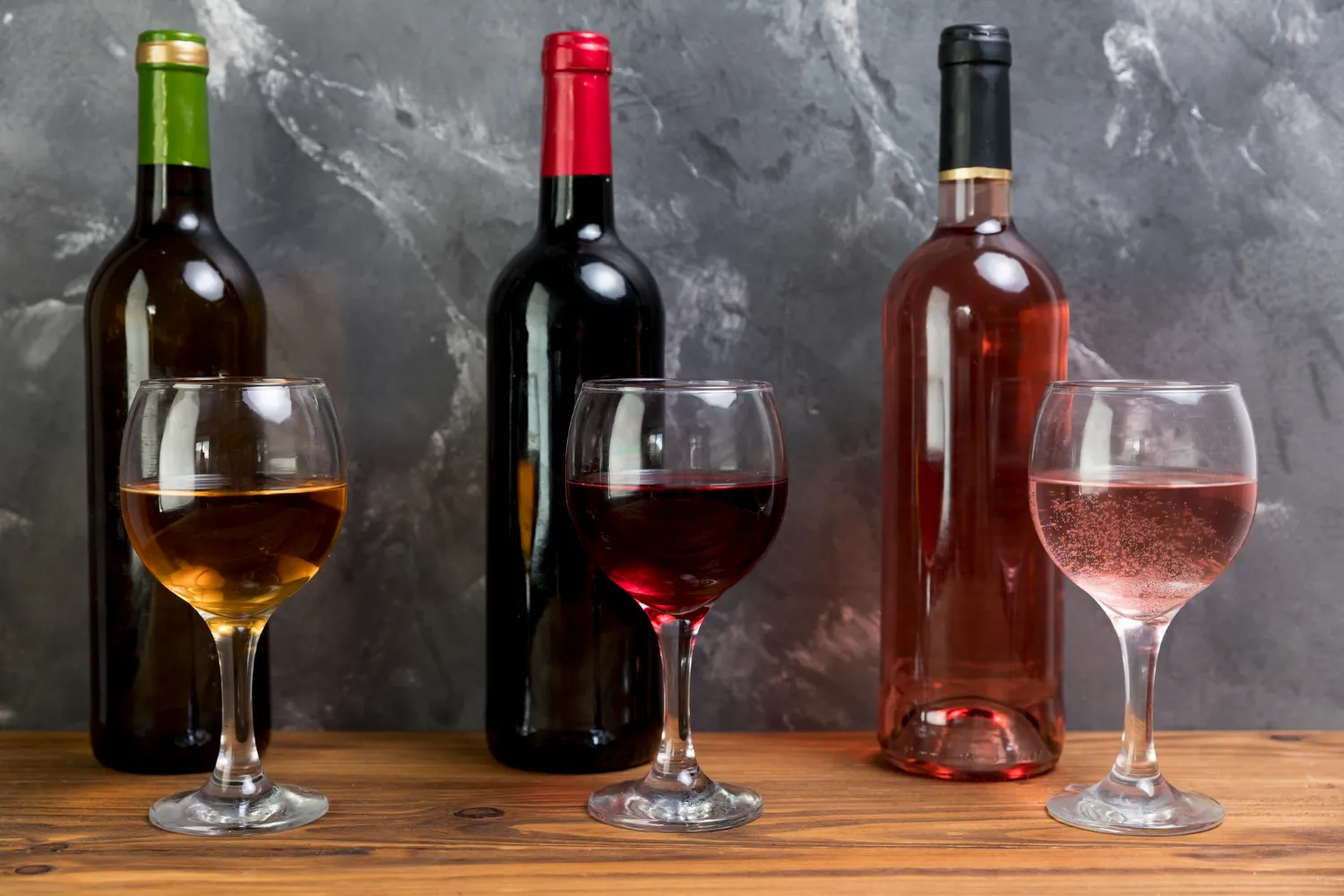Are you struggling to decide between investing in a wine cooler and a beverage center for your home? It can be a tough decision, especially when both products offer unique features and benefits. In this informative blog post, we will delve into the key differences between these two product options
=> Related Article: The Differences: Beverage Cooler vs. Mini Fridge
Wine Coolers Explained
The functionality of wine coolers is quite simple – to store and chill wine at the optimal temperature. Unlike regular refrigerators, wine coolers are designed to maintain a consistent temperature and humidity level, protecting the wine from exposure to light and temperature fluctuations. They also typically have racks or shelves to store wine bottles horizontally, which helps to keep the cork moist and prevents oxidation.

Wine coolers simply store and chill wine at the right temperature and wine from light and temperature variations by maintaining a consistent temperature and humidity.
The Wine Coolers offer several advantages for wine enthusiasts. First and foremost, they provide a dedicated storage space for your wine collection, keeping it organized and easily accessible. Additionally, wine coolers allow you to set and maintain the ideal temperature for both red and white wines, ensuring that each bottle is served at its best.
About Beverage Centers
You can’t go wrong with a beverage center that combines a mini-fridge with a wine cooler. The two or more temperature-controlled zones in a beverage center make it ideal for any social event to serve wine, craft soda, craft beer, and other specialty beverages. Beverage centers, similar to wine coolers, often feature a glass panel door that frames your drink selection.
Compressor beverage centers, which use the same technology as wine coolers, are significantly more prevalent than thermoelectric beverage centers. Refrigerators powered by compressors are more efficient and require less maintenance than thermoelectric models. However, there are a few advantages to thermoelectric refrigerators. For one, they last longer and are quieter when operating.

You can modify the shelves and temperature on these appliances to store different-sized bottles and cans.
Comparison of Features Wine Cooler vs Beverage Center
After extensive research and testing, we have compiled a comparison of the features of wine coolers and beverage centers to help you make an informed decision for your home or business.
Temperature Control and Range
Comparison of temperature control and range is essential to ensure that your wine collection or beverages are stored at the optimal temperature. Both wine coolers and beverage centers offer adjustable temperature settings, but wine coolers typically have a narrower temperature range, specifically designed for wines. Beverage centers, on the other hand, have a wider temperature range to accommodate various beverages, including sodas, beers, and water.

A beverage center is the perfect way to keep all of your favorite beverages close at hand, making it ideal for use in any number of settings, including outdoor kitchens, home theaters, garages, media rooms, and kitchens. Put simply, the options are practically limitless.
Storage Capacity and Design
The storage capacity and design of wine coolers and beverage centers are critical factors to consider. The storage capacity of wine coolers is typically measured in bottle count, whereas beverage centers are measured in cans or bottles. The design of wine coolers often includes wooden shelves and a UV-protected glass door to showcase the wine collection, while beverage centers are predominantly designed with wire or glass shelves for easy access to a variety of beverages. The range of storage capacity and design can vary significantly across different models and manufacturers, so it’s essential to analyze your specific needs and preferences before making a decision.
Versatility and User Applications
The comparison of versatility and user applications highlights the intended use of wine coolers and beverage centers. Wine coolers are specifically designed for wine enthusiasts and collectors, offering precise storage conditions for different types of wines. Beverage centers, on the other hand, cater to a wider audience by providing storage for a variety of beverages, making them suitable for both residential and commercial applications.
Energy Efficiency and Cost
Wine coolers and beverage centers differ in their energy efficiency and price capacities, which are key factors to consider when making a purchase. You should think about the long-term costs of running a bigger beverage center vs a smaller wine cooler, even when both items provide energy-efficient solutions. You must also consider the whole cost-effectiveness for your unique needs, since the two products have different starting costs for purchase and installation. Consider your budget and influence on the environment thoroughly before making decisions about energy efficiency and cost.
= > Read More: How Much Electricity Does a Wine Cooler Fridge Use?
Summing up Wine Cooler or Beverage Center – Which to Choose?
In conclusion, the decision between a wine cooler and a beverage center ultimately comes down to personal needs and preferences. Wine coolers are specialized for wine enthusiasts who want to store and age their wine collection at optimal temperatures, while beverage centers are versatile and can store various types of drinks such as wine, beer, soft drinks, and water. Consider factors such as space, budget, and usage to make the best decision for your specific needs. Both products offer their own unique benefits, so it’s important to do your research and carefully consider which option will best meet your needs before making a purchase.
